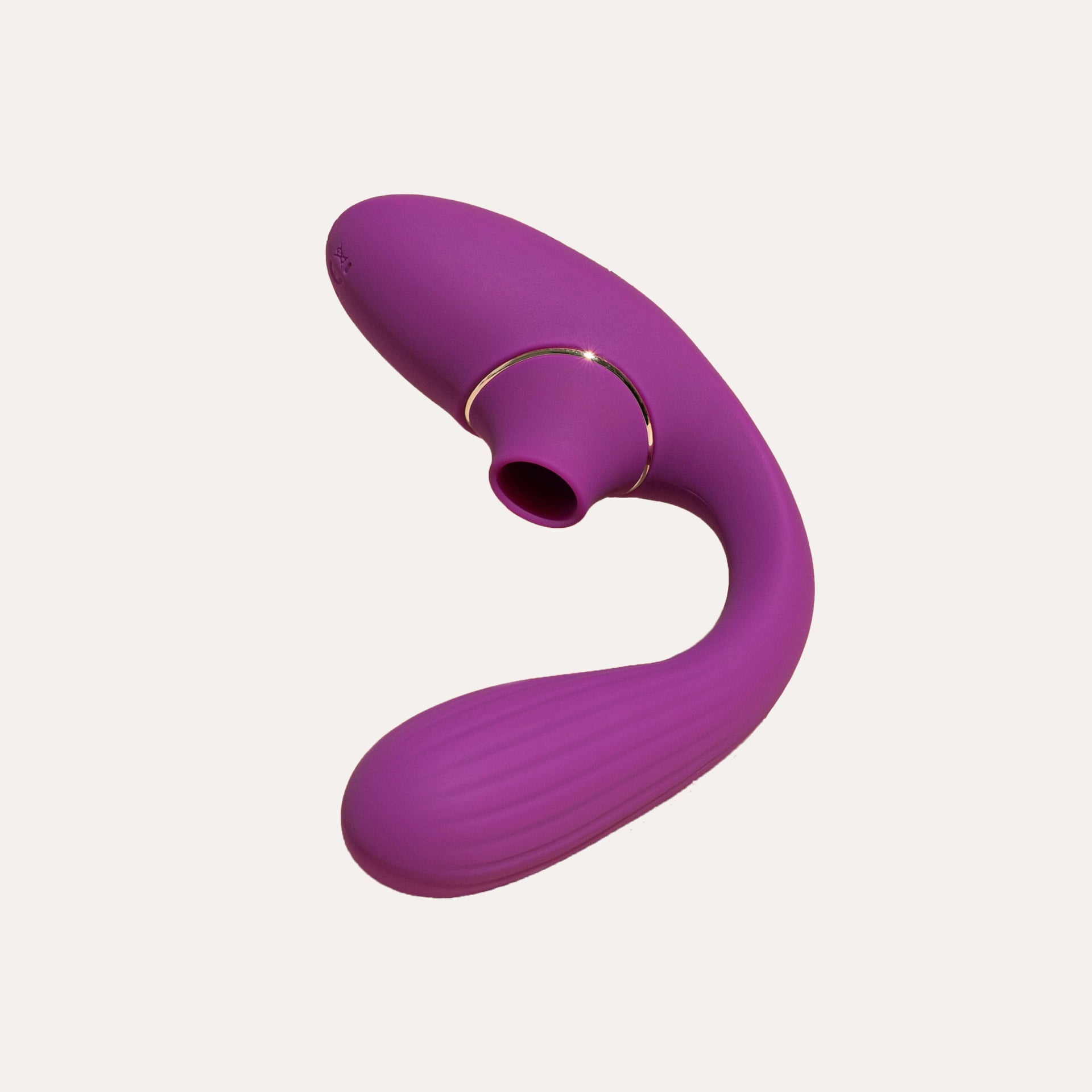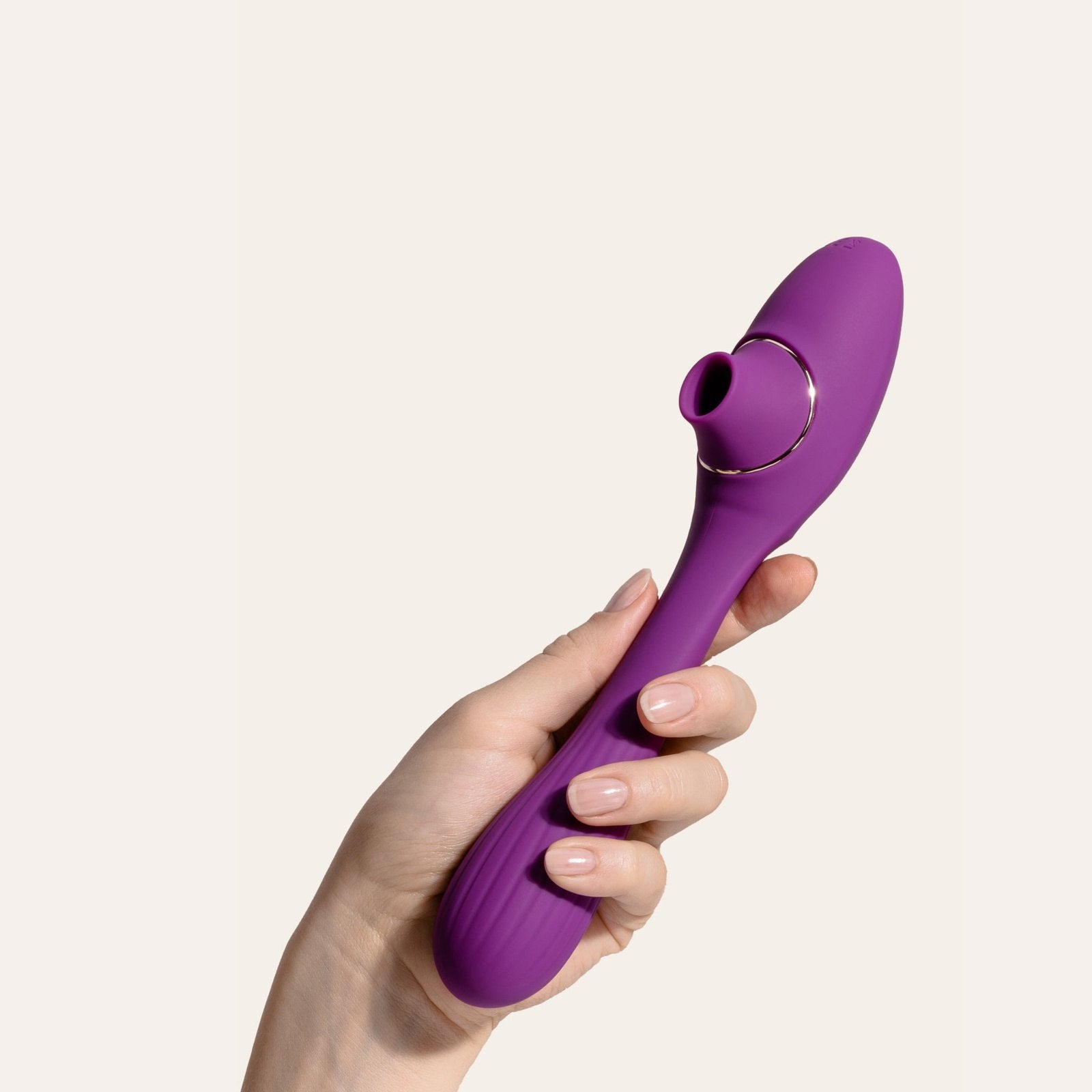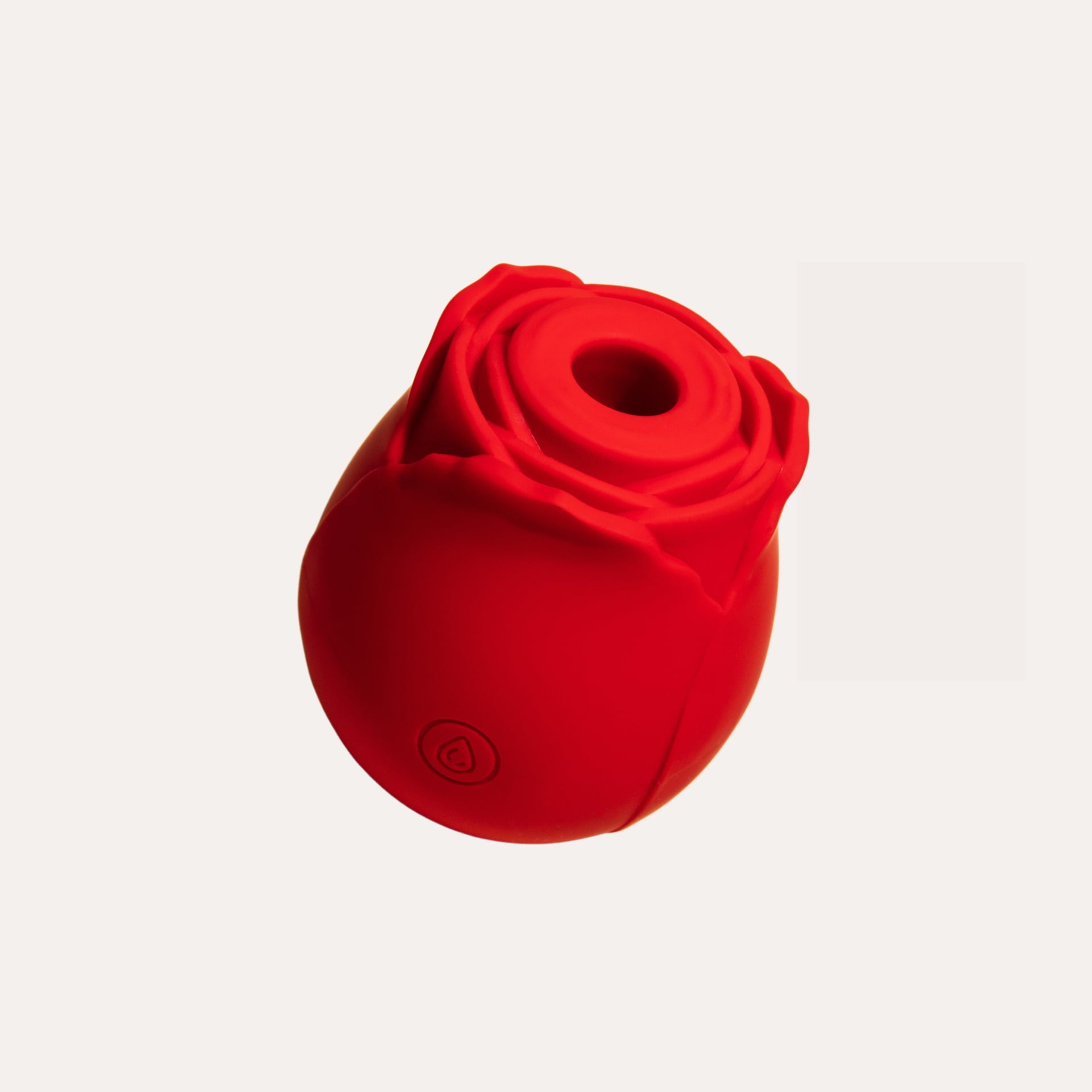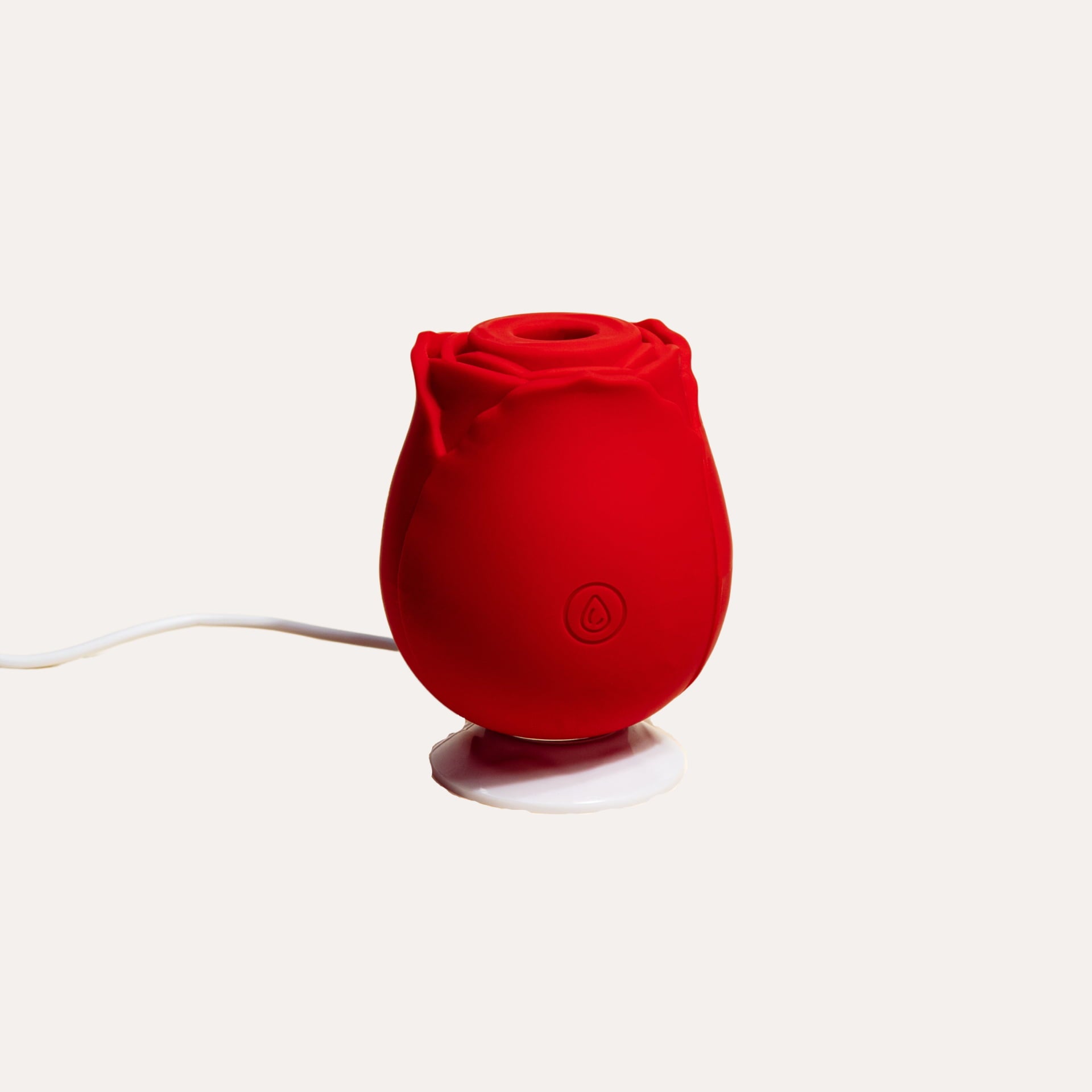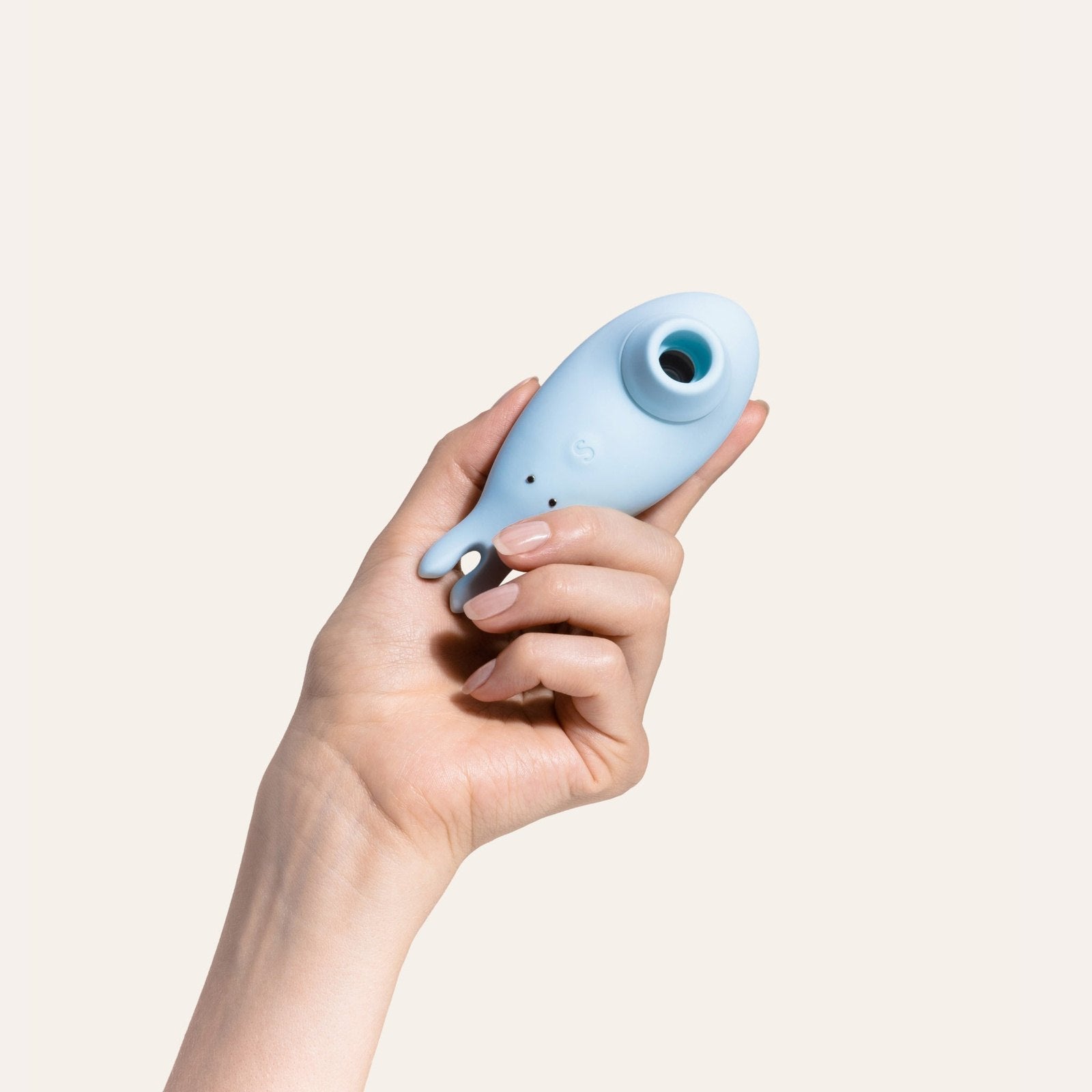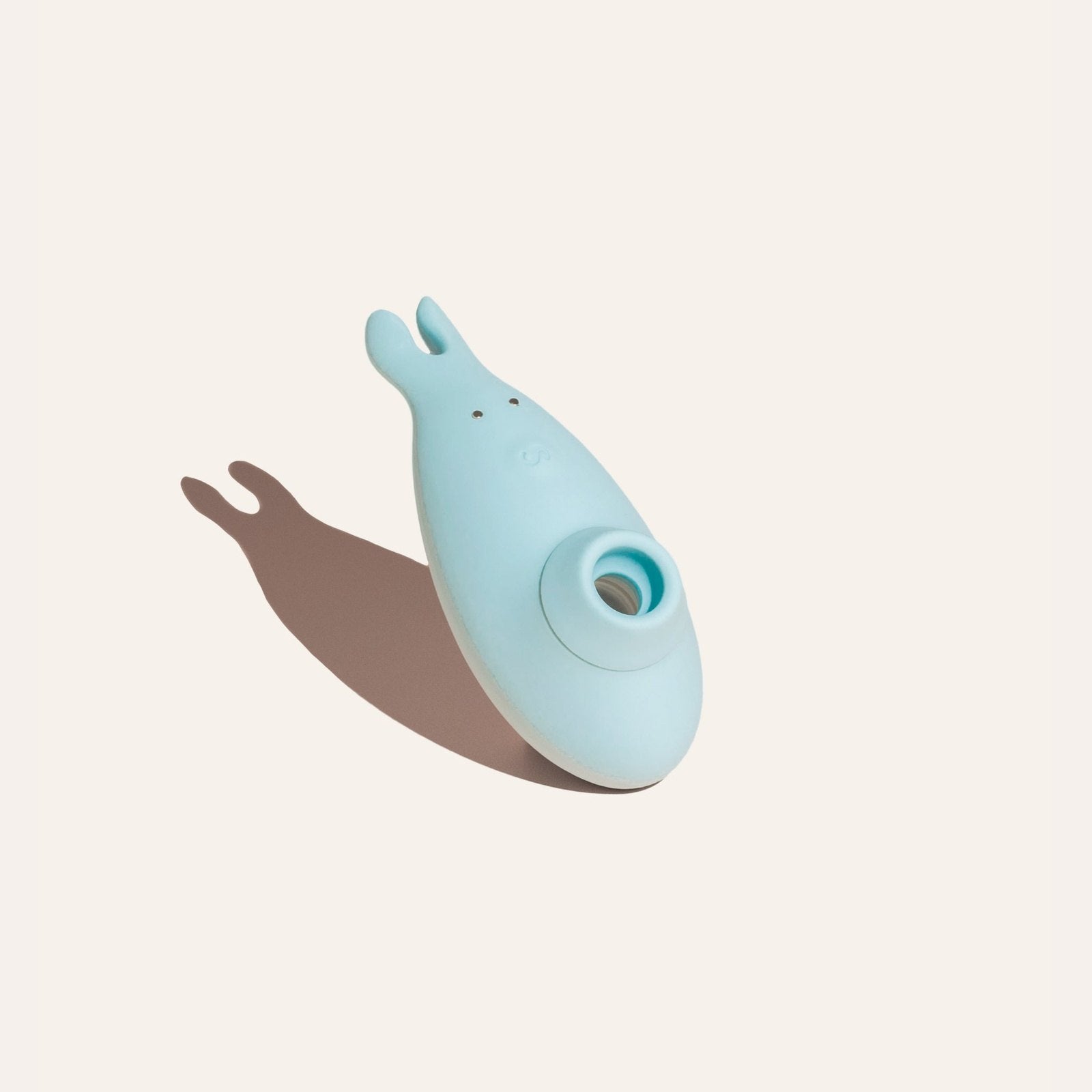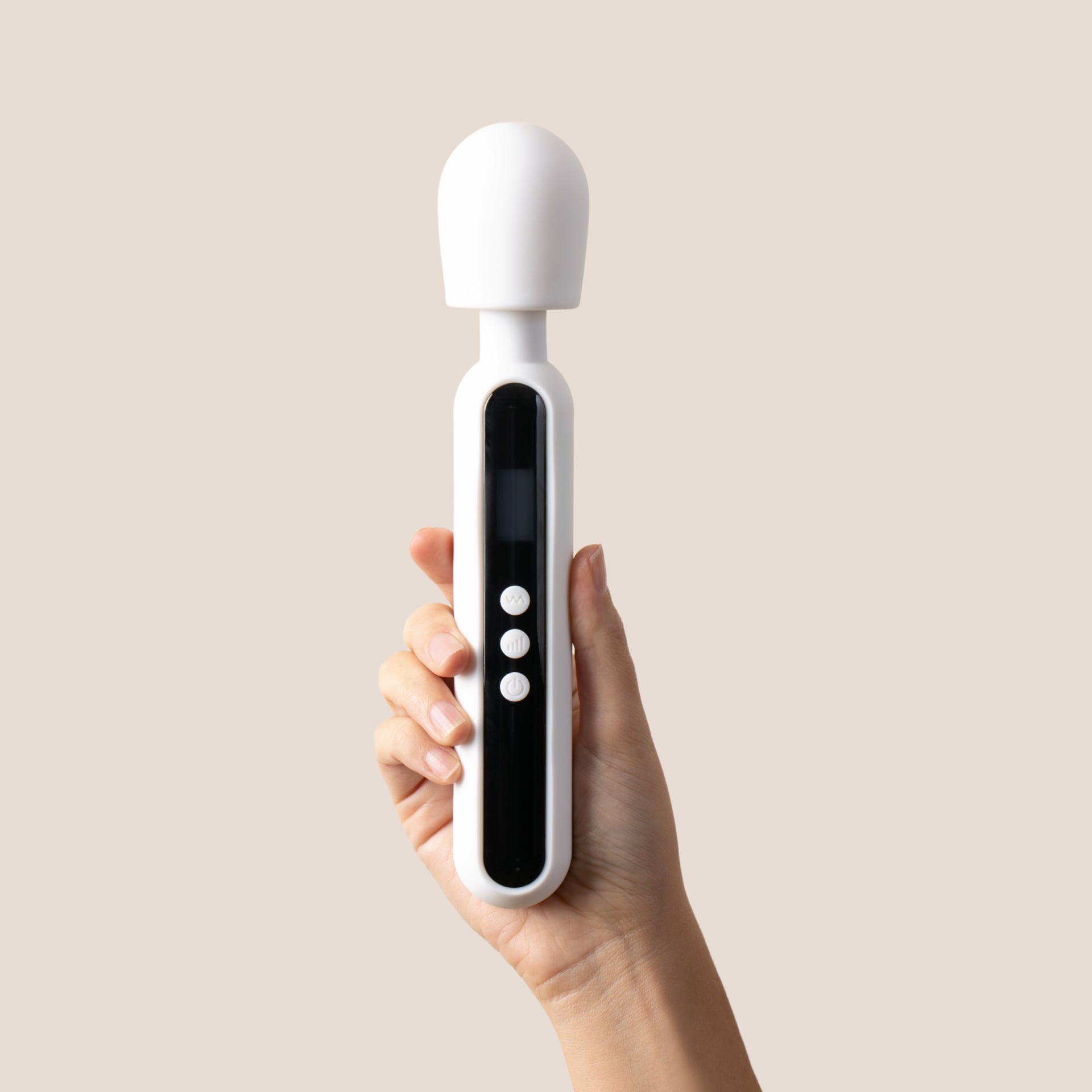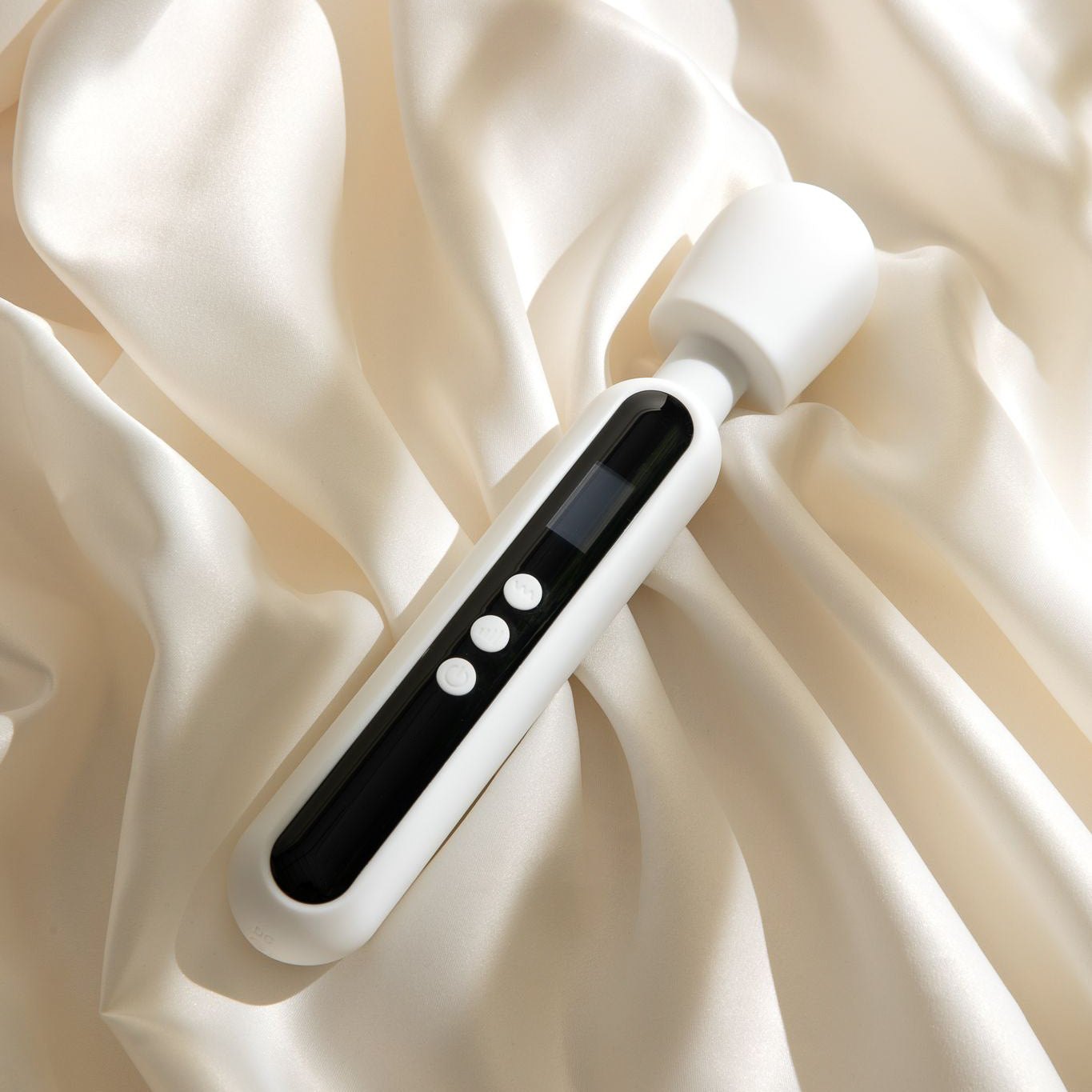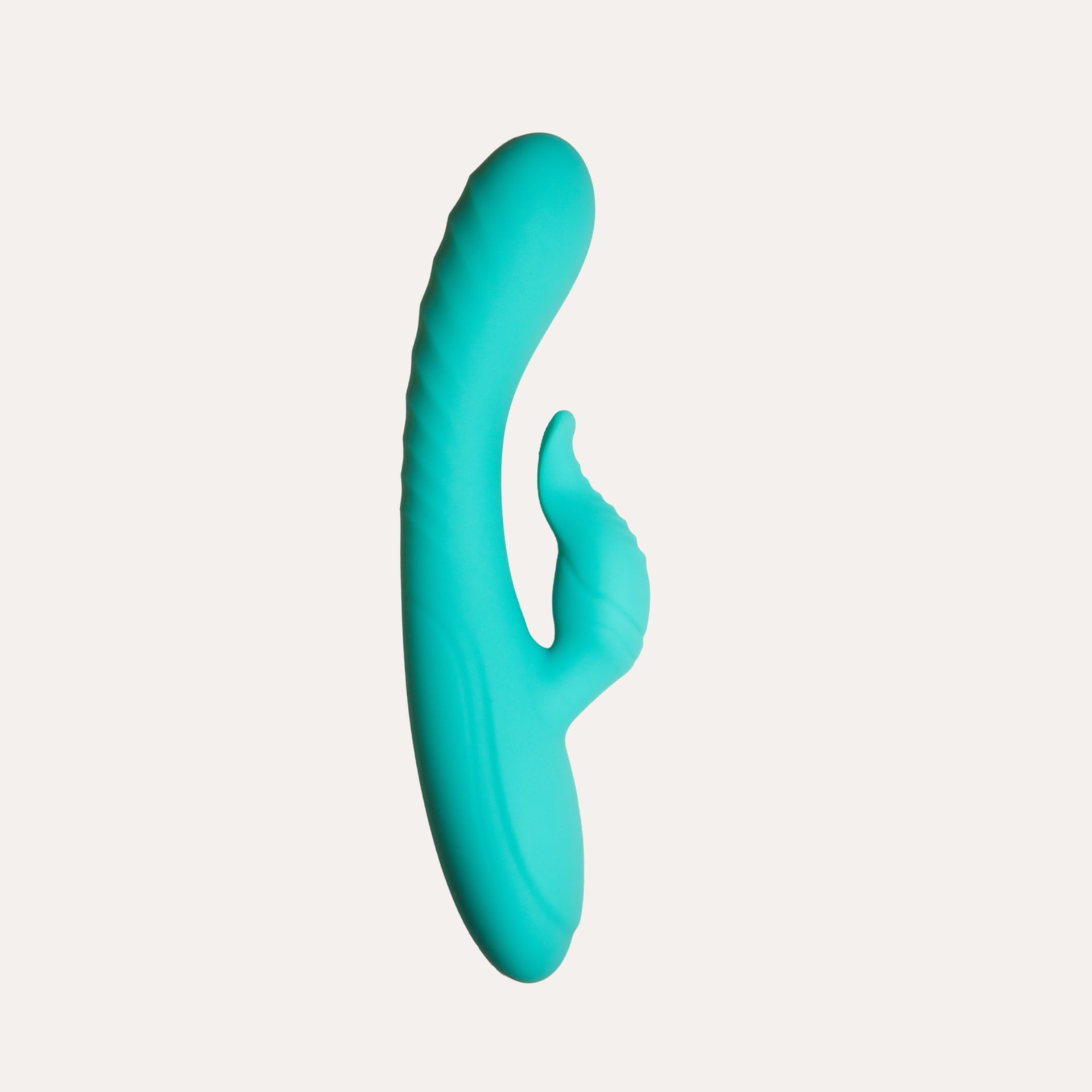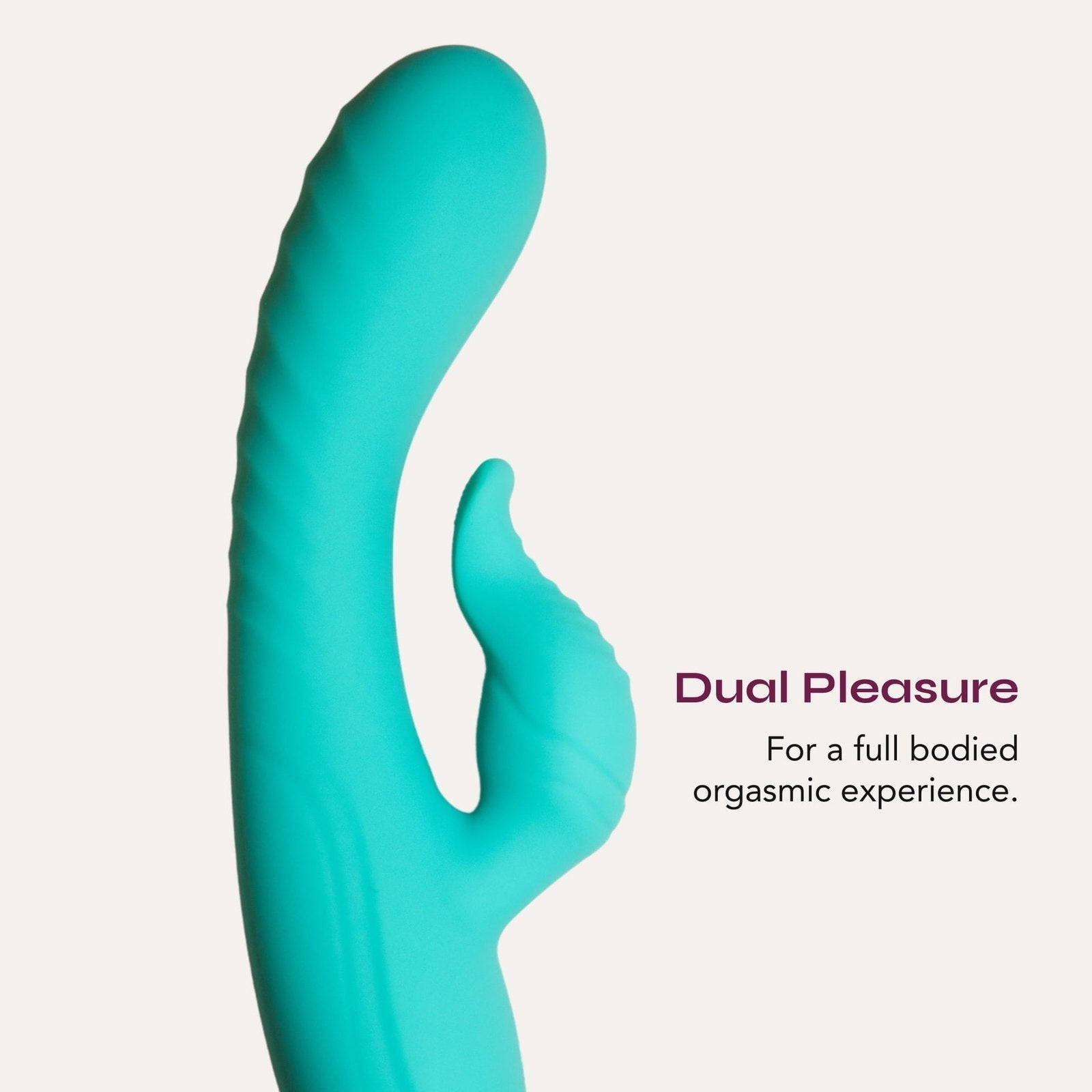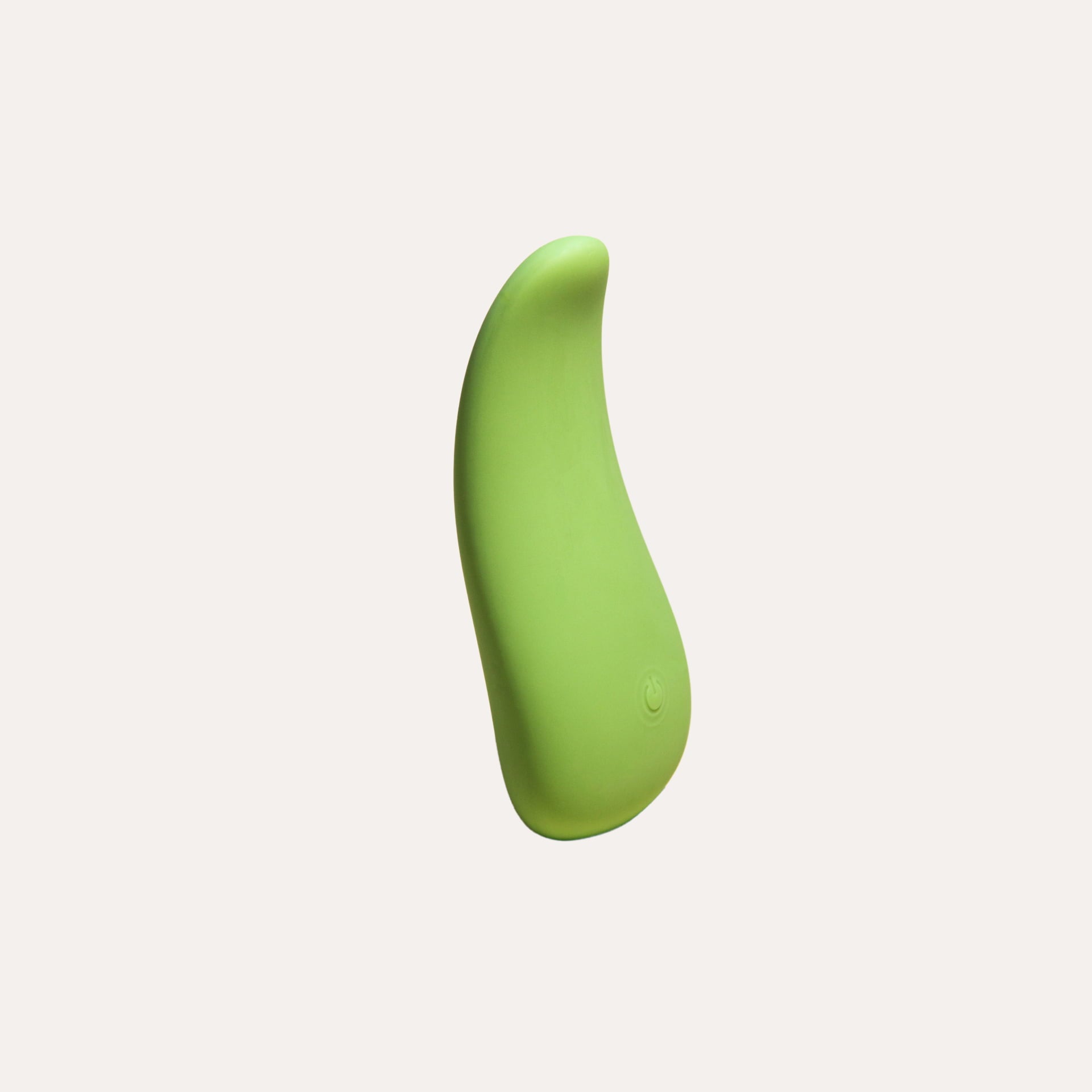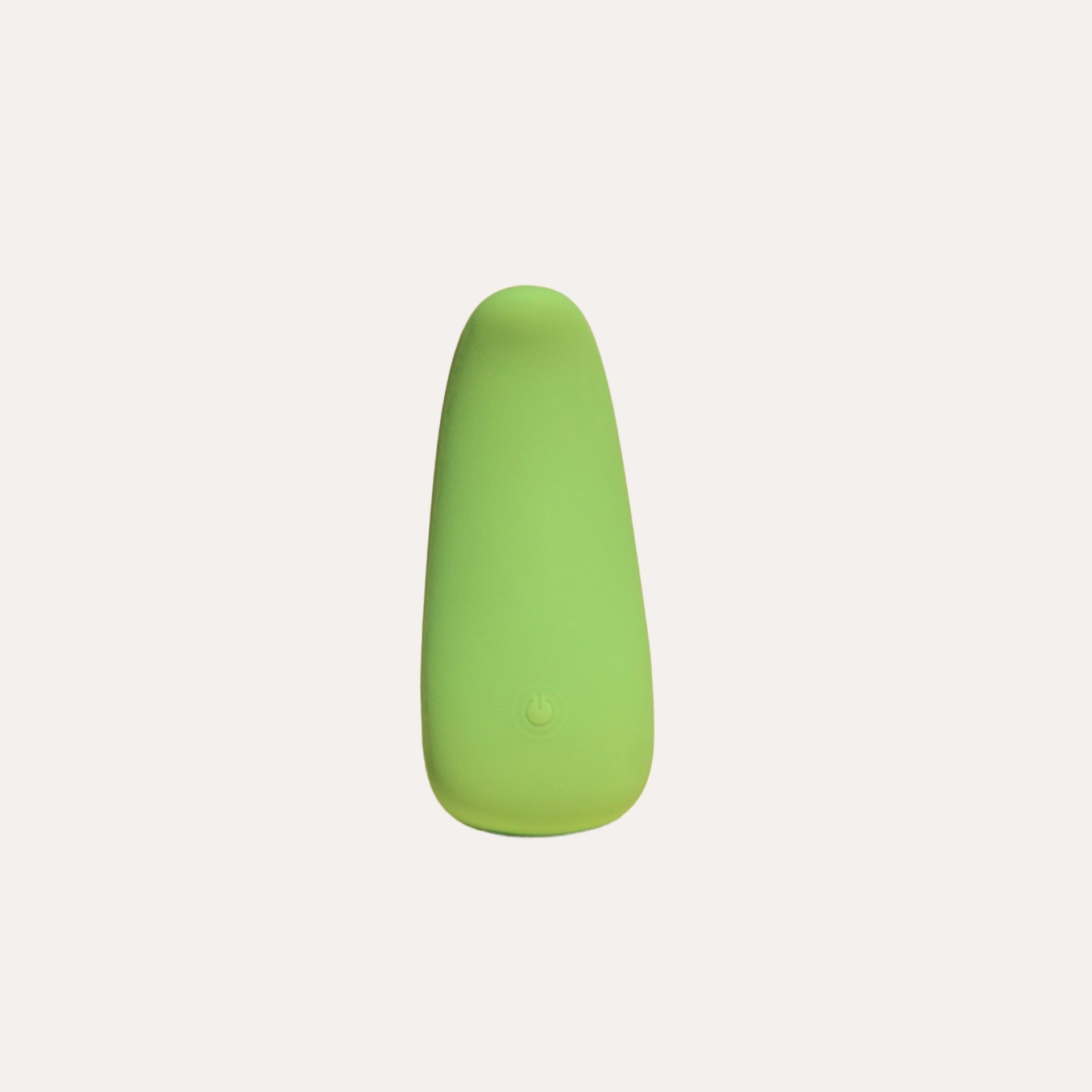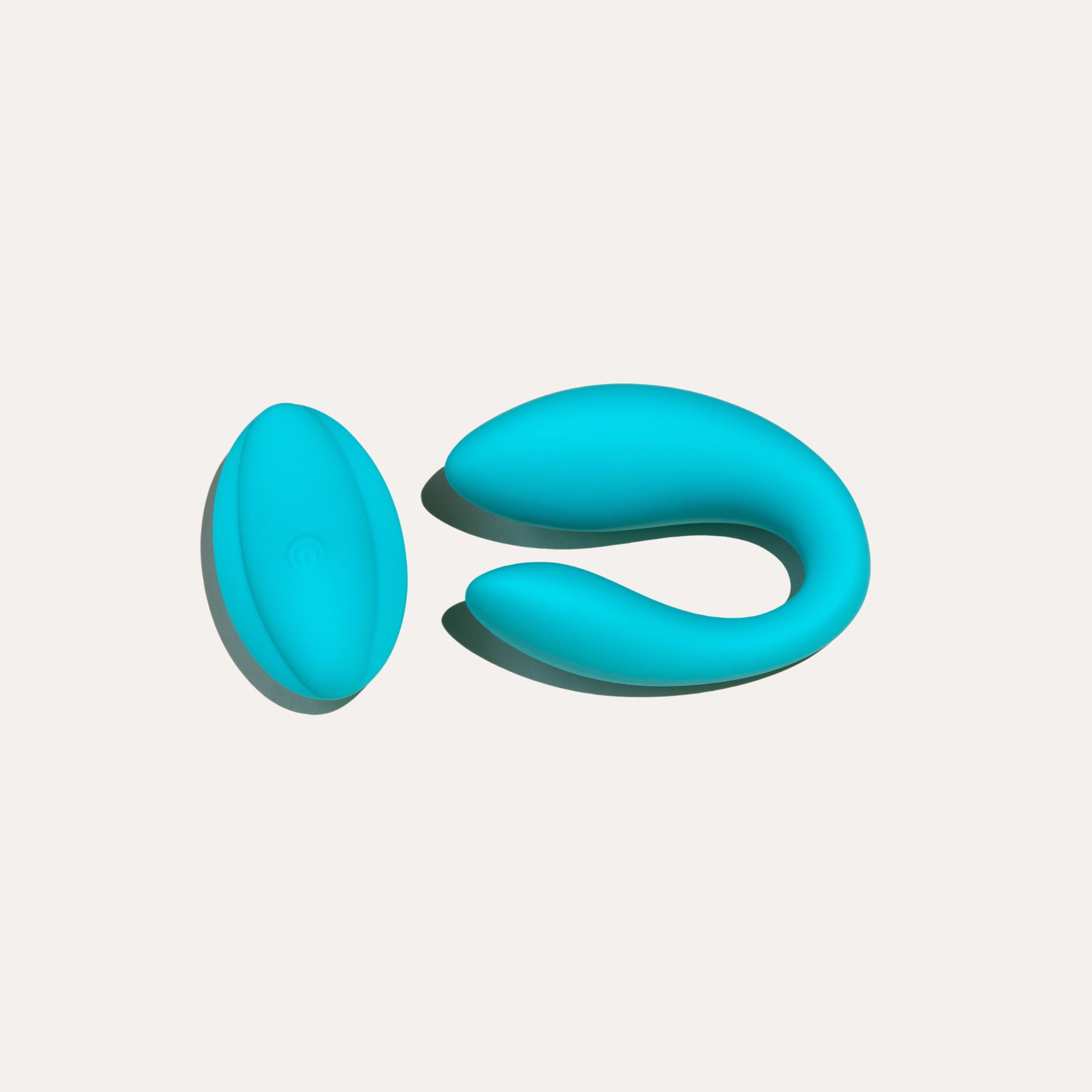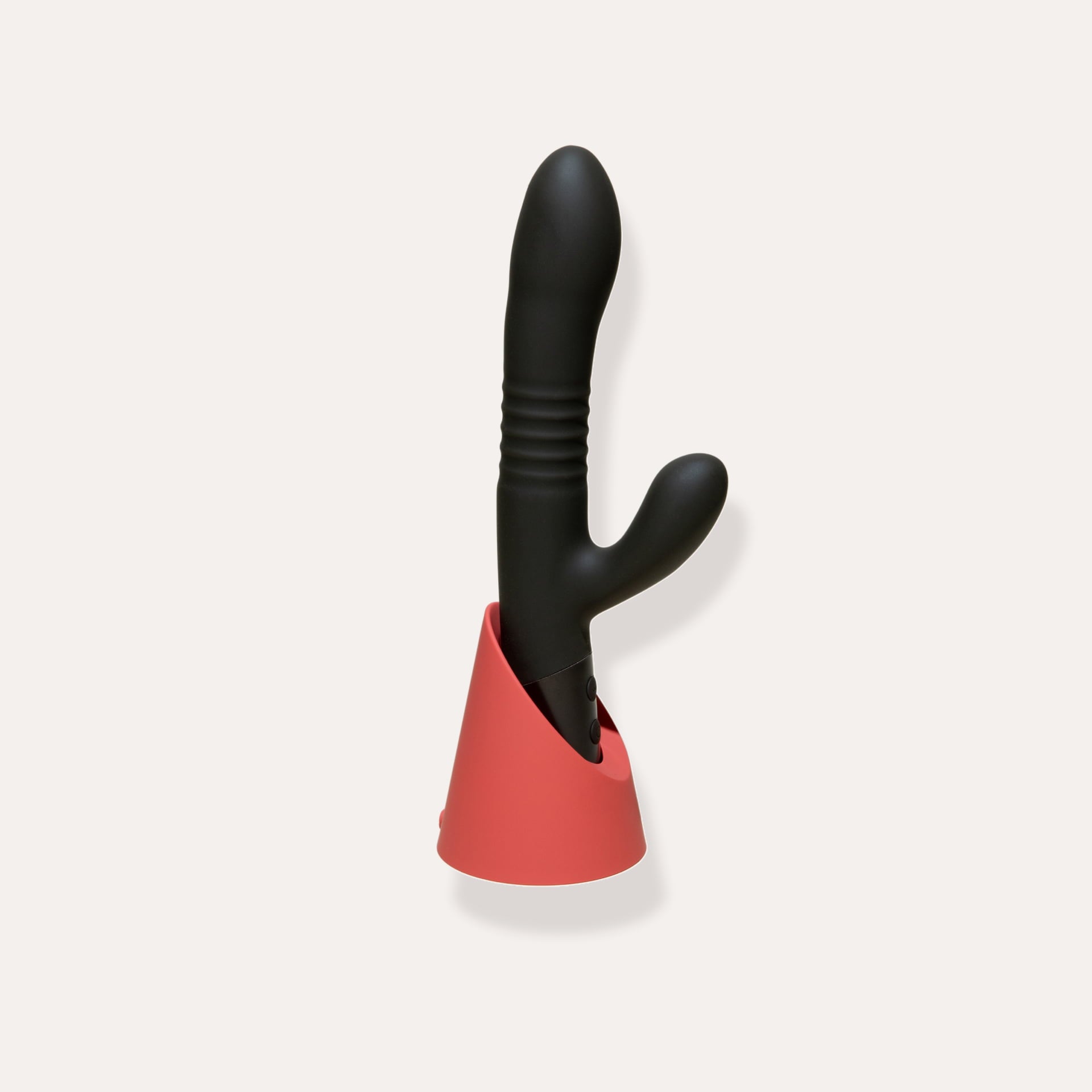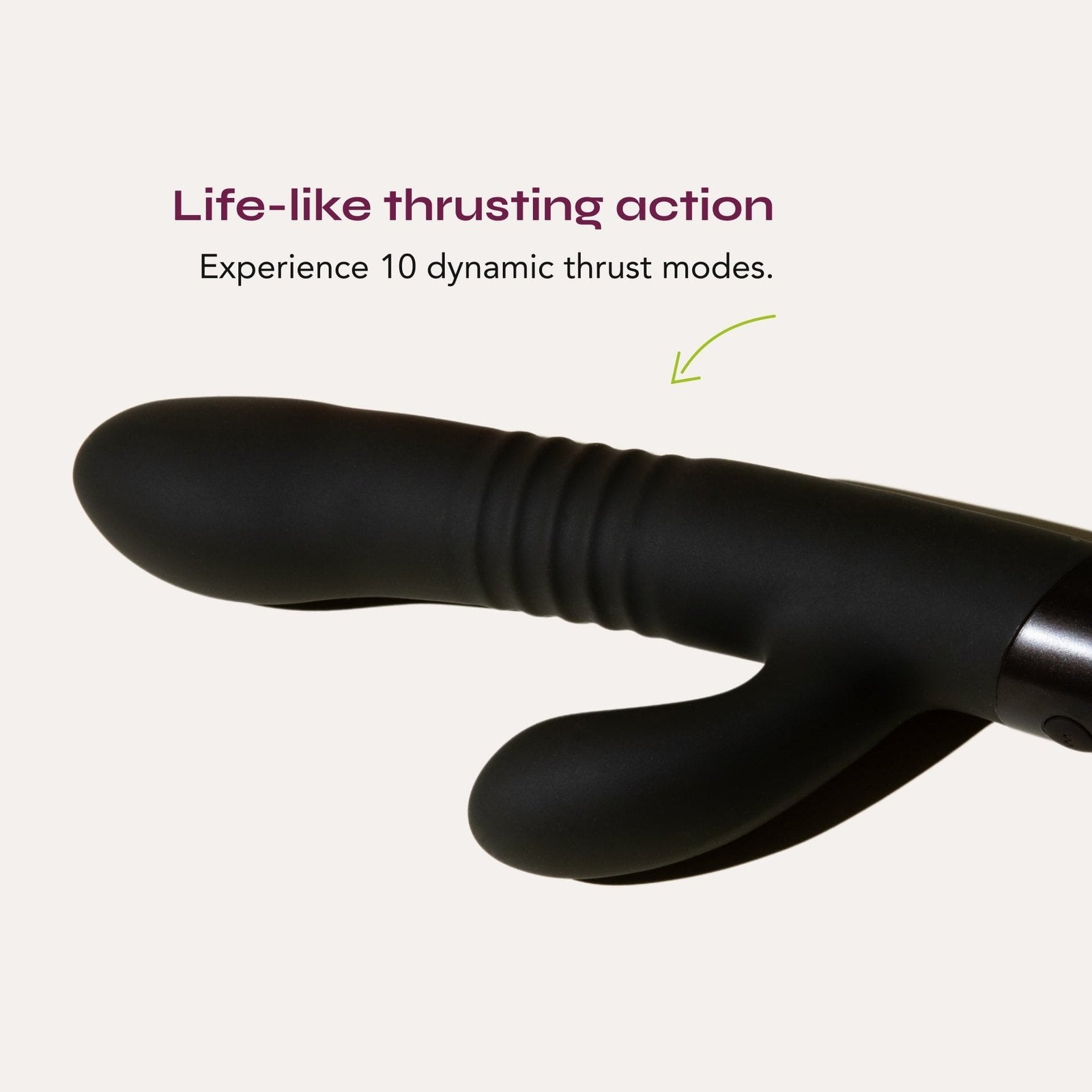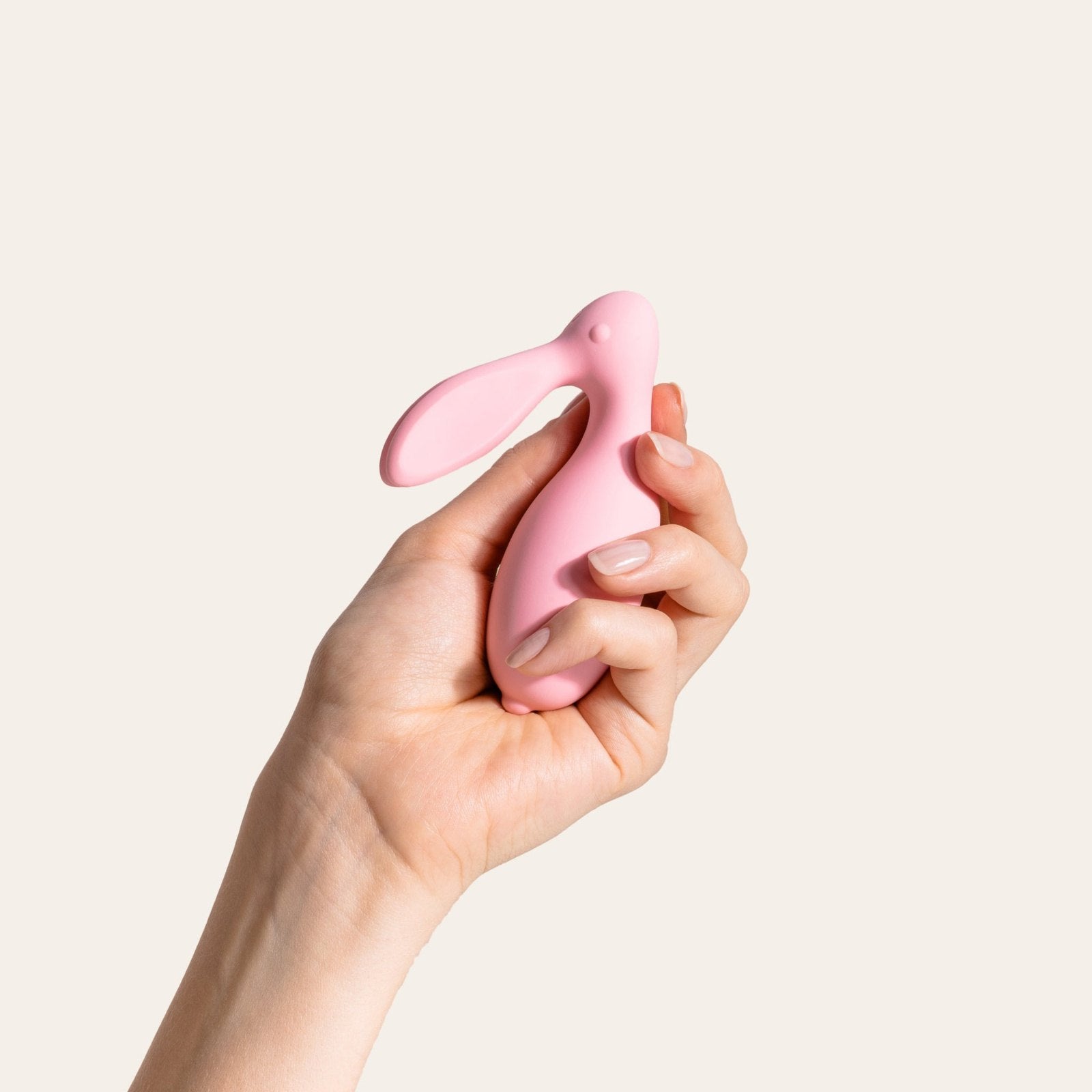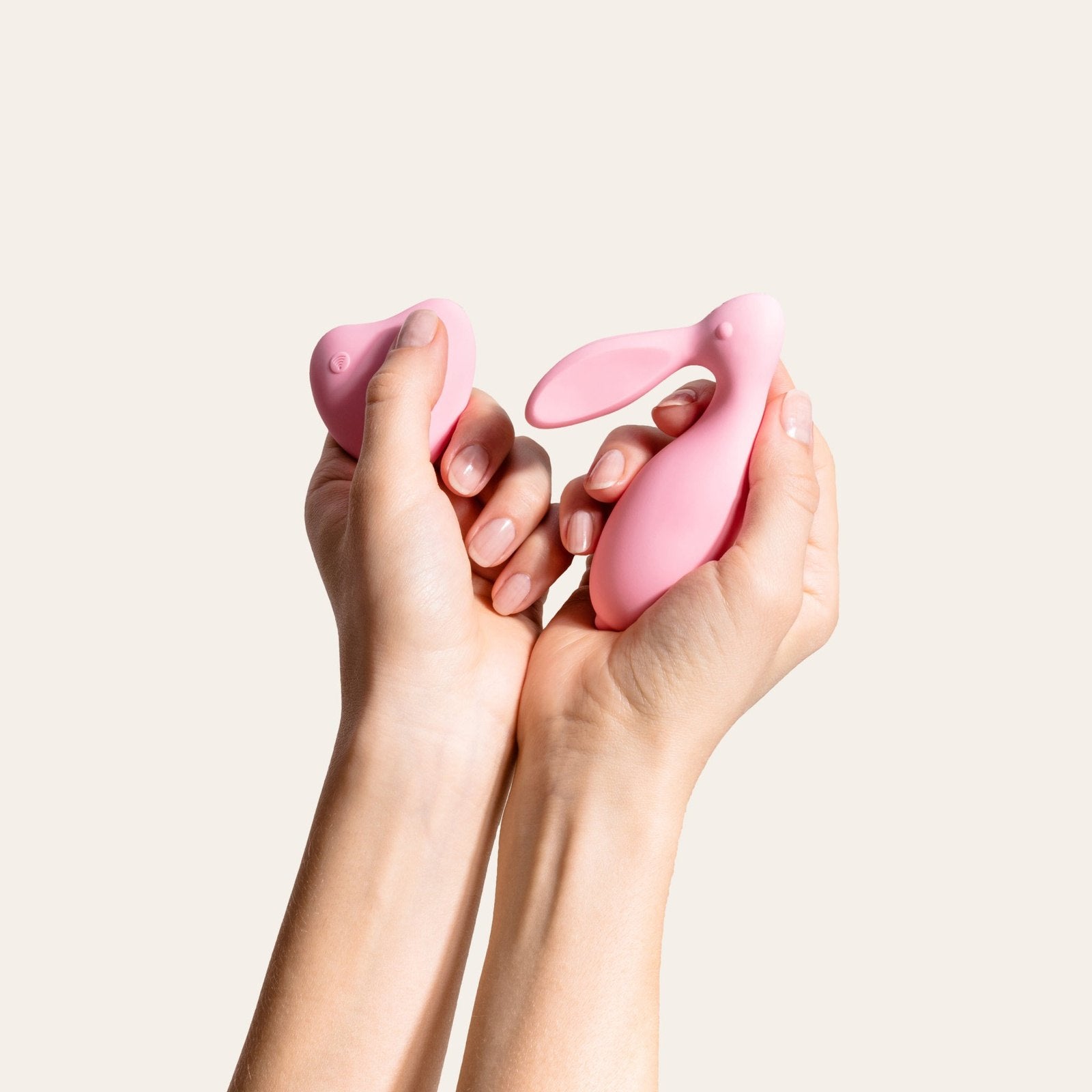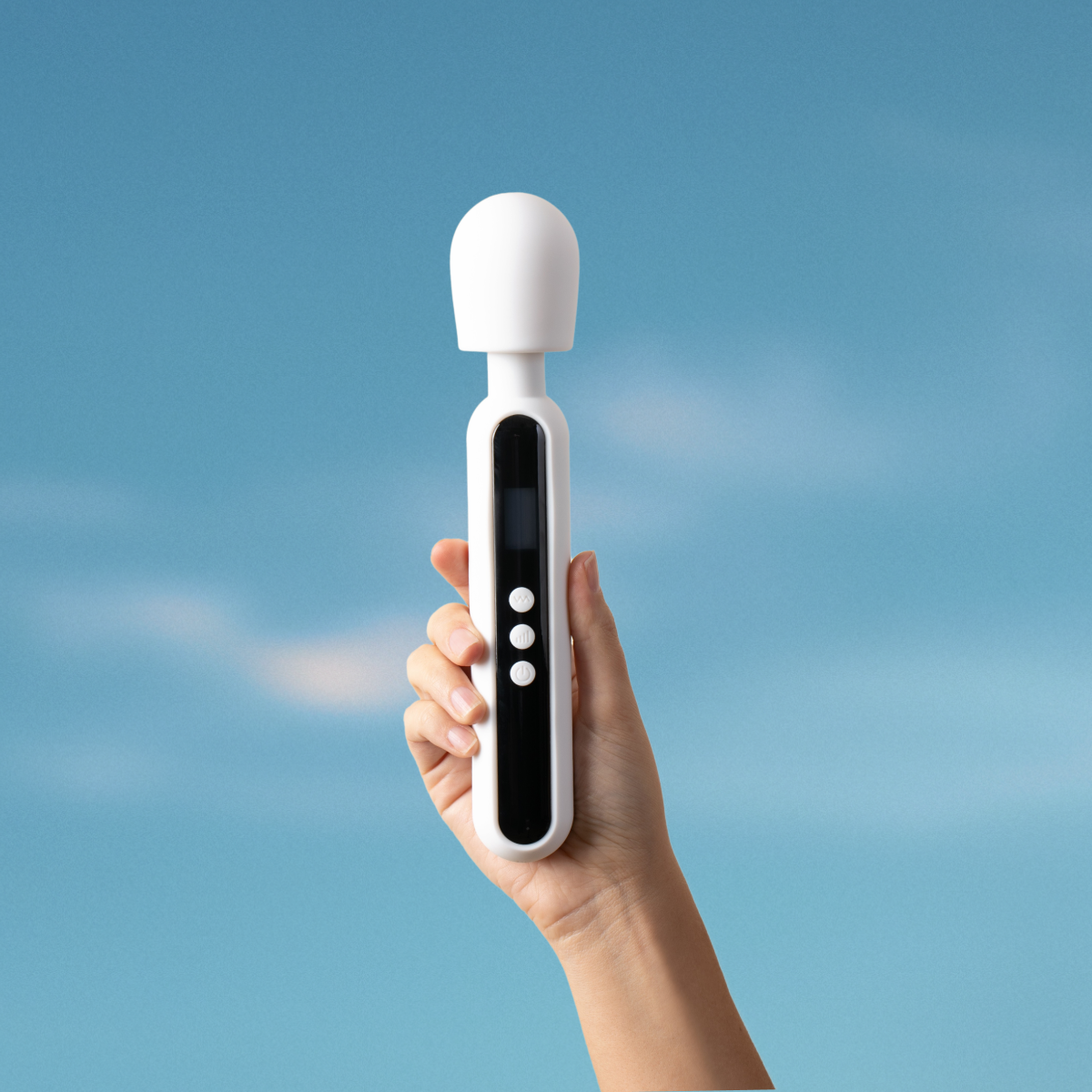Does Sex Drive Return After Menopause?
If you're wondering where your desire went (or if it will ever come back) you're not alone. Many women experience a shift in libido during and after menopause, and it can feel disorienting, frustrating, even grief-filled. It's not just about hormones (though they play a big role). It's also about identity, relationships, body image, and how we’ve been taught to think about sex and aging.
The truth is, yes, sex drive can return after menopause.
But it doesn’t always happen automatically, and it may not look the same as it did before. That doesn’t make it any less real or meaningful. In fact, for many, this stage can be an invitation to explore intimacy in new, more self-aware ways.
This guide is here to offer honest insight, gentle encouragement, and practical support--because pleasure and connection don’t have an expiration date.
What Causes Low Libido During Menopause?
A drop in sex drive during menopause is common, and its not all in your head. As estrogen and testosterone levels shift, your body and brain respond in ways that can make intimacy feel less accessible (or even off the radar completely).
Here are a few reasons why:
Vaginal Dryness: As estrogen declines, vaginal tissues can become thinner and drier. This often makes sex uncomfortable or even painful, which naturally lowers the desire to engage.
Change In Vulva Blood Flow: With lower than normal estrogen, the body stops sending as much blood flow to the vagina and vulva. This reduces it's response to stimulation and directly dampens arousal.
Changing Body Image and Mood: Hormonal changes can affect how you feel about your body and your emotional well-being. Anxiety, depression, irritability, or just feeling not like yourself can all influence libido and arousal.
Other Health Factors: Fatigue, stress, chronic illness, smoking, certain medications (like antidepressants), and underlying mental health challenges can also contribute to a drop in desire.
Research backs this up.
The Seattle Midlife Womens Health Study found that lower estrogen and testosterone levels were associated with lower sexual desire, while higher follicle-stimulating hormone (FSH) levels a key menopause marker correlated with reduced libido.
In short, there are many layered reasons for why your sex drive may change during menopause.
But none of them mean its gone forever.
Adapting, Not Fixing: A New Kind of Pleasure
Think of it like needing reading glasses. Your eyes aren't broken, they've just changed. You don't stop reading, you just hold the book differently or turn on a little more light. The same goes for sex after menopause. Your desire isn't gone, and your body isn't malfunctioning.
You might just need new tools, more time, or a different approach.
Maybe you need more buildup, more lube, or a vibrator with a bit more power.
The goal isn't to recreate your sex life from a decade ago. Its to discover what feels good now in this body, in this season. When you let go of pressure and get curious instead, desire often starts to bloom in unexpected ways.
How to Reverse Low Libido After Menopause: 5 Effective Strategies
Several evidence-backed approaches can help reignite sexual desire during and after the menopausal transition:
1. Hormone Therapy: According to Johns Hopkins Medicine, estrogen therapy (pills, patches, or vaginal creams) can alleviate dryness, boosting comfort. Some studies suggest testosterone therapy may increase libido, though long-term effects require caution.
2. Non-Hormonal Medications: For severe cases, the FDA-approved drug Addyi (flibanserin) targets brain receptors to heighten desire. Localized treatments like Osphena and Intrarosa can also relieve painful sex.
3. Therapy and Counseling: Sex therapy helps couples navigate intimacy concerns, while individual counseling addresses issues like body image, stress, or trauma hindering desire.
4. Herbal Remedies: Low-risk botanicals like ginseng, maca root, and fenugreek may subtly boost libido for some, though quality varies between brands.
5. Sensual Tools and Toys: Versatile vibes like BerryLemon's Aura Clit Sucker Dual Vibrator can reignite pleasure through clitoral suction and internal vibrations. When estrogen dips this can reduce blood flow to the vulva, reducing pleasure. Add in vaginal dryness and you’ve got a real pleasure obstacle. Try water-based lubricants (best for vaginal pH) and vibrators for menopause.
Read More: 11 Reasons Why Masturbation is a Must for Menopause
Read More: How to Increase Sex Drive During Menopause: Solutions That Work
Lifestyle Tips for Supporting Increased Libido After Menopause
Beyond medical interventions, simple lifestyle adjustments pack a powerful punch:
- Exercise and Nutrition: Regular physical activity and a balanced diet promote hormonal regulation, increased energy, and better overall health—all factors tied to higher desire.
- Stress Management: Calming practices like yoga, meditation, and counseling reduce anxiety, fatigue, and low mood—common libido saboteurs during this transition.
- Open Communication: Discussing intimacy concerns openly with your partner fosters understanding. Sharing desires and new ideas for exploration can deepen connection.
- Mindful Sensuality: Whether solo or coupled, techniques like breath work, body mapping, and sensory presence can heighten sensations and satisfaction.
When to See a Medical Professional
If low libido persists despite lifestyle changes or symptoms like vaginal dryness disrupt intimacy, don't hesitate to consult your doctor. Hormonal testing and personalized treatment plans can provide relief.
Enlist support from professionals who prioritize your pleasure without stigma or shame. Sex therapists can guide couples through this transition, while counselors provide care for self-esteem, stress, trauma, or related factors affecting desire.
Rekindling Your Passion After Menopause
As you navigate the menopausal transition, remember: reigniting sexual desire is an intimately personal journey. Some rediscover their spark quickly, while others may require more patience, experimentation, and self-compassion.
Focus on what feels good—many post-menopausal women find that strong vibrators or suction vibrators are extremely arousing and can reawaken libido with regular use.
Through care, curiosity, and a touch of playfulness, you absolutely can rekindle intimacy after menopause.
We're here to support you every step of this vibrant, affirming journey.
Learn More: The Best Sex Toys For Menopause: Everything You Should Know



